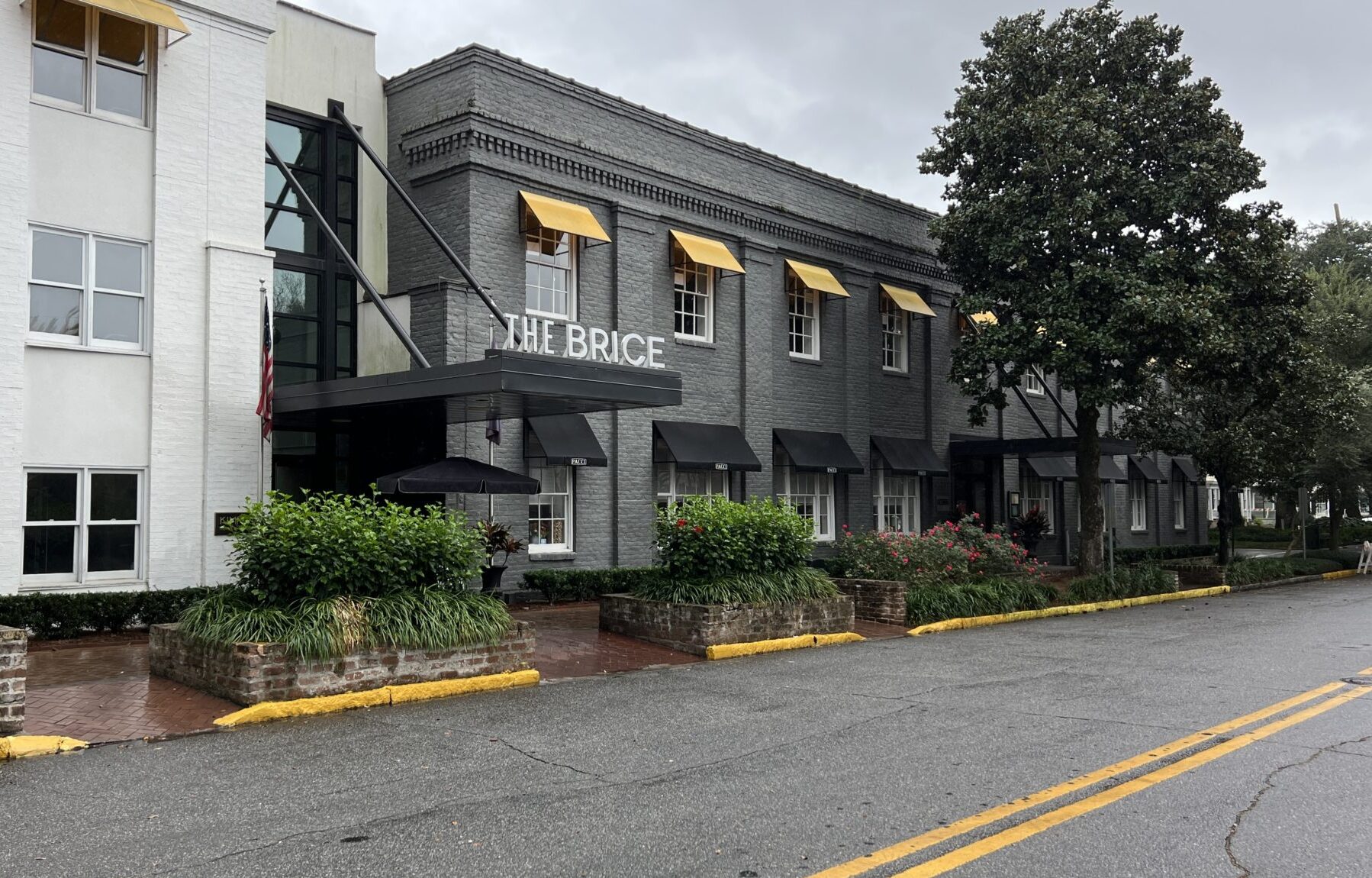THE ART + SCIENCE OF
INVESTING IN PEOPLE TO MAXIMIZE
HOTEL REAL ESTATE VALUE
The Art + Science Of
Investing in People
To Maximize
Hotel Real Estate Value
Founded in 1985, HEI Hotels & Resorts is one of the nation’s leading privately held hotel investment and third-party management companies.
Recognizing that our success starts and ends with our associates under our pioneering culture of HEI Loves, we invest in and develop the most passionate and talented people in our industry.
Our operating platform is built exclusively for institutional hotel assets in key Urban, Super-Suburban, and Resort locations.
Our collective expertise is maximizing the value of hotel real estate. Period.
For us, that means creating a culture of empowerment and accountability with experiences that guests appreciate, all while achieving highly profitable performance measurements.
It’s a unique blend of Art and Science that has fueled our reputation and earned the trust of our unparalleled group of institutional partners.
STRONG BRANDS.
EXCITING INDEPENDENTS.
Long known as a leader in the ownership and management of the hotel industry’s most powerful franchise brands, over the last decade we have also established an impressive record positioning and operating lifestyle hotels, both soft-branded and independents. The result is an unparalleled portfolio of 90+ institutional-grade hotel assets across nearly all major business and leisure markets.
A DEEP APPRECIATION
FOR OUR PARTNERS & Associates.
Our business has been built to endure, and the lifeblood of that endurance is the strength of our relationships with our brand and capital partners – and our deep appreciation for our associates. We understand the responsibility we have to deliver both remarkable guest experiences for all leading hotel franchisors, as well as compelling investment returns for our who’s who of industry-leading REITs and Private Equity firms. We’re also keenly aware that the only way to achieve these experiences and returns is by attracting, retaining, developing and investing in the most passionate and committed associates in our industry. We perform on a bright stage, and we push ourselves to raise the bar with each performance.
ESTABLISHED EXPERTISE.
A TRACK RECORD TO PROVE IT.
With the DNA and track record of a highly experienced investor that has invested billions of dollars in equity into hotels, HEI brings unparalleled competitive advantages to our capital partner relationships – advantages that are rooted in our proven ability to maximize the value of a clearly-defined bandwidth of hotels: Luxury, Upper-Upscale, and Premium Select Serve properties in Urban, Super-Suburban, and Resort Locations.
PART ART. PART SCIENCE.
ALL BUSINESS.
There is an interpretive Art to understanding guests, trends, and how to program the entire customer experience in order to maximize revenue. And there is a data-driven Science necessary to drive profitability. Our operating philosophy is simple: bring these two radically divergent elements – Art and Science – together in such a way to maximize hotel real estate value for all stakeholders, all while fueling our culture of HEI Loves and celebrating those responsible for making it all work – our associates. We are driven to deliver on our commitments time and again, and have repeat customers to prove it, as well as some of the highest associate satisfaction scores in our industry.
HEI Loves:
A Culture that Performs.
Exceptional hotels are created by so much more than strong brands in great locations. Our HEI Loves culture is a testament to our commitment to investing in our associates to bring them success and ultimately create success for our organization. We treat our associates as family, with great dignity and respect, and reward them for their exemplary service. In turn, we’re able to recruit candidates that are both passionate and professional and who can deliver truly exceptional guest experiences. As a part of the HEI Loves culture, we provide our associates with best-in-class compensation and benefits, unlimited opportunities for advancement, mentors to foster peak performance and much more.









